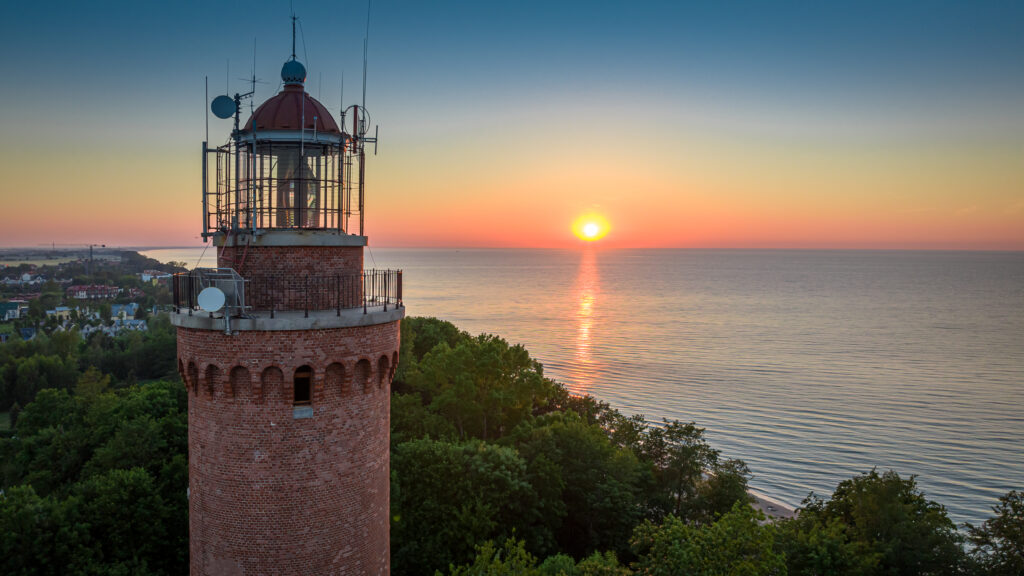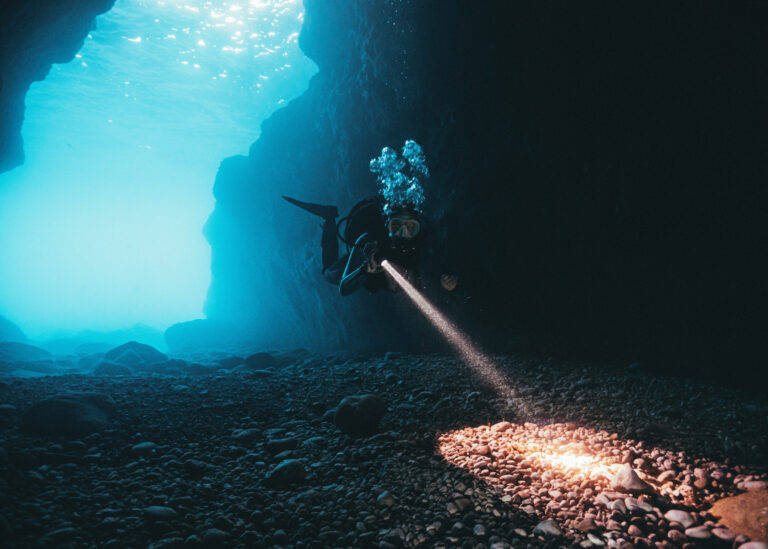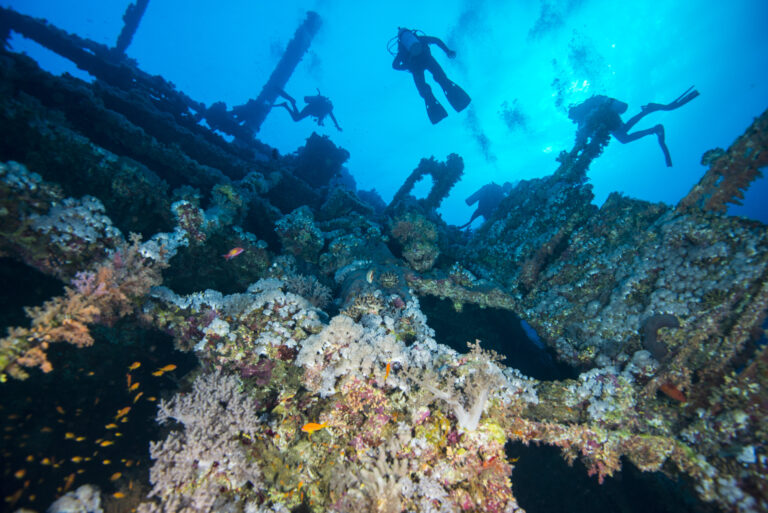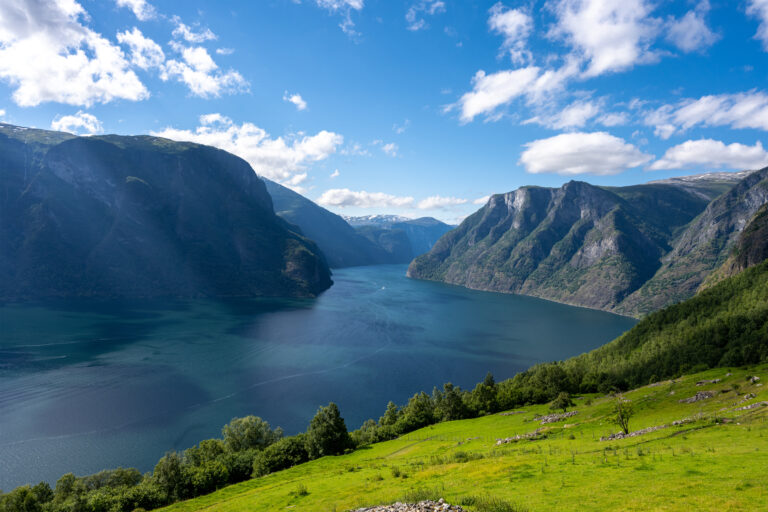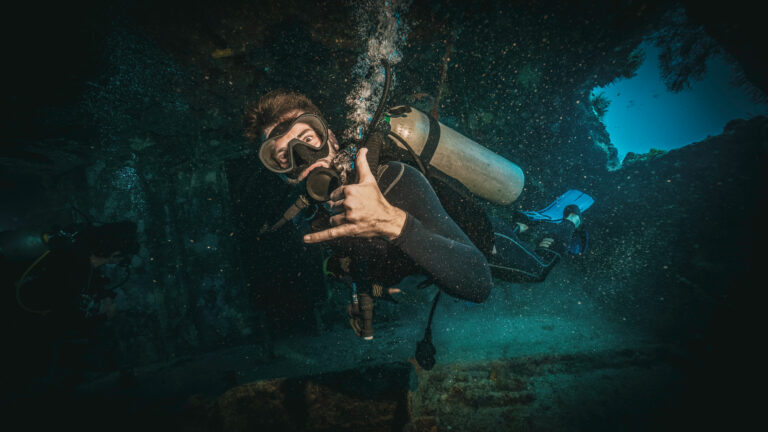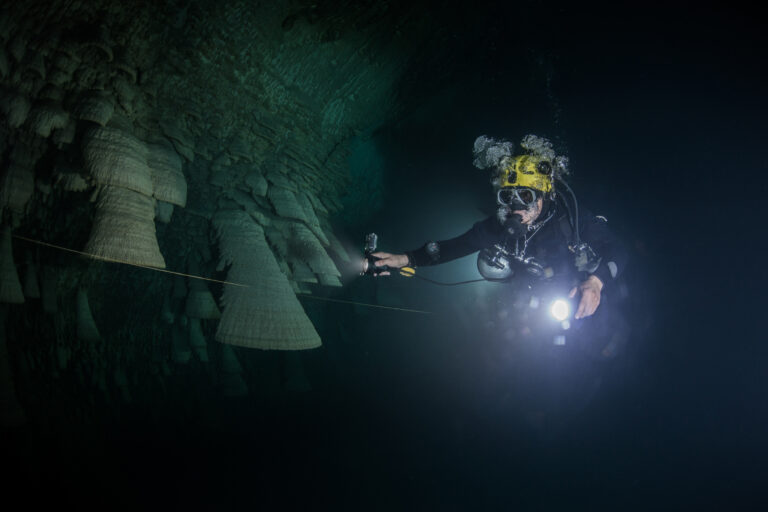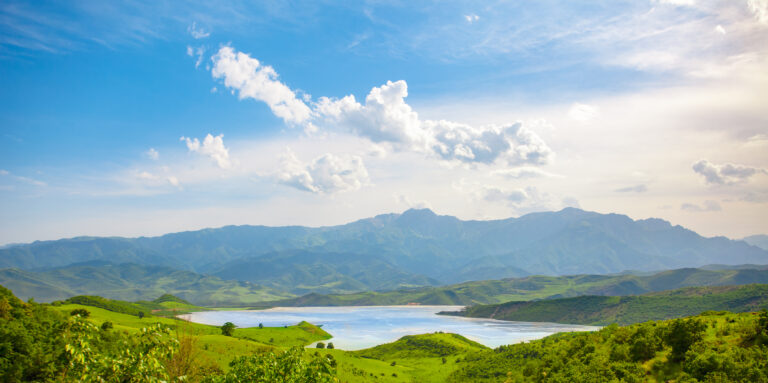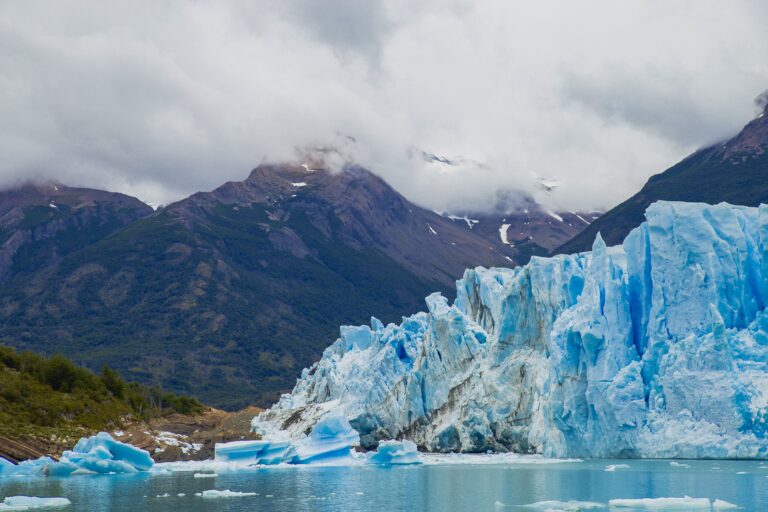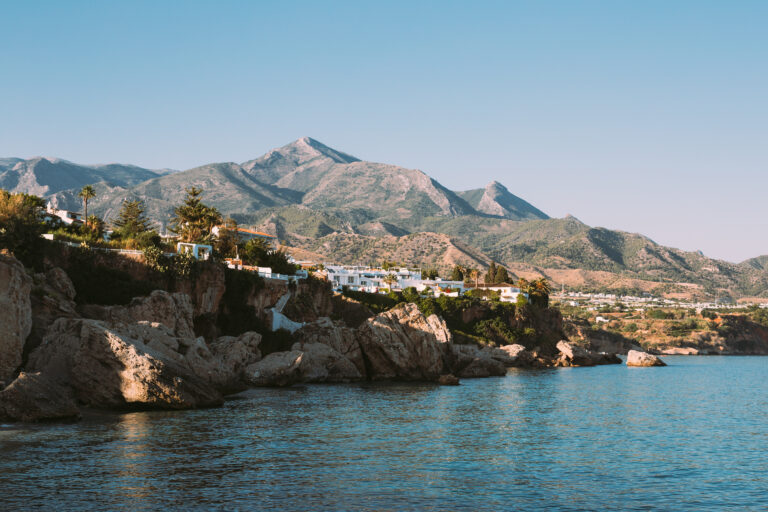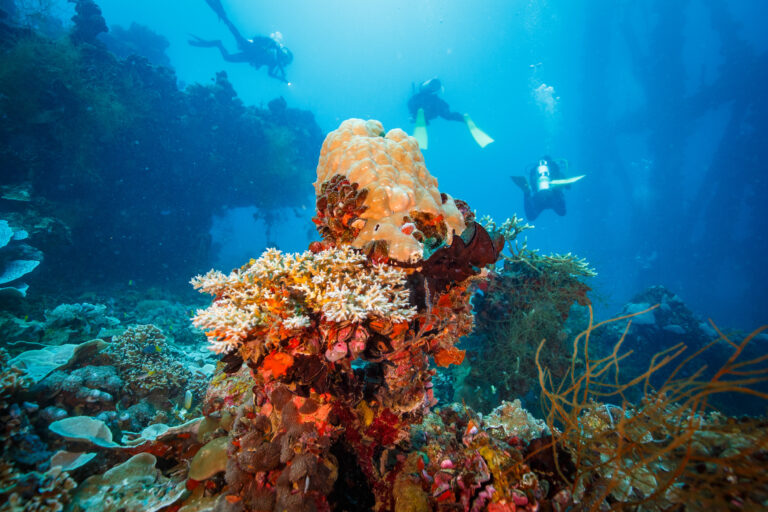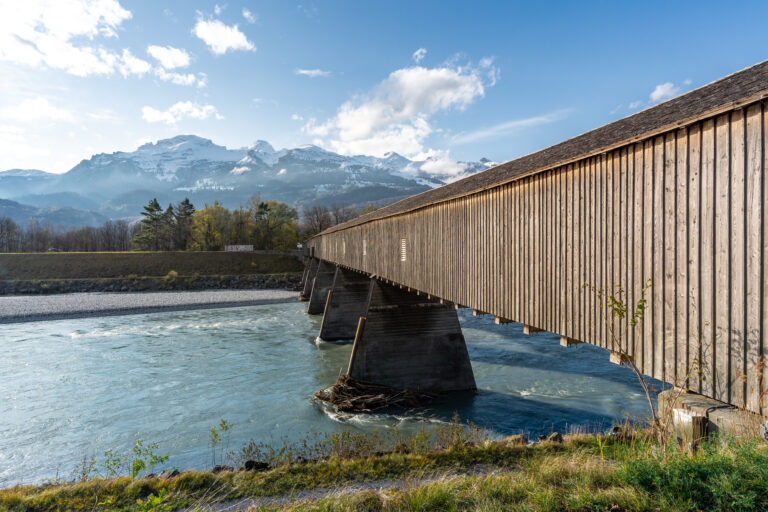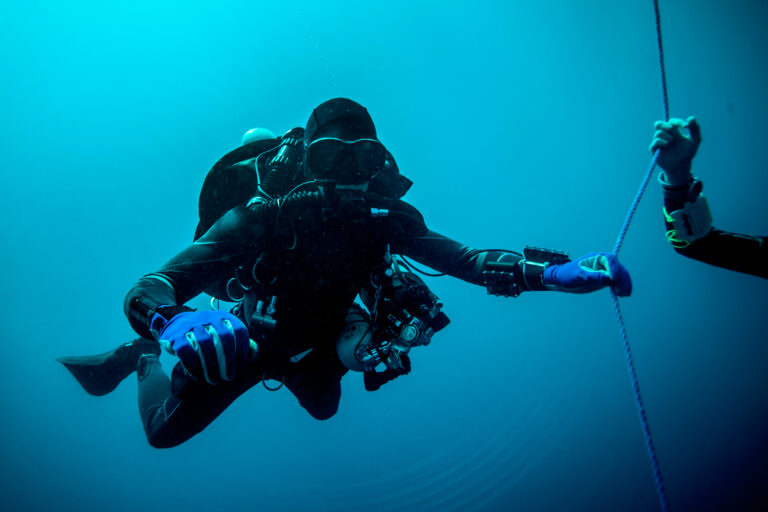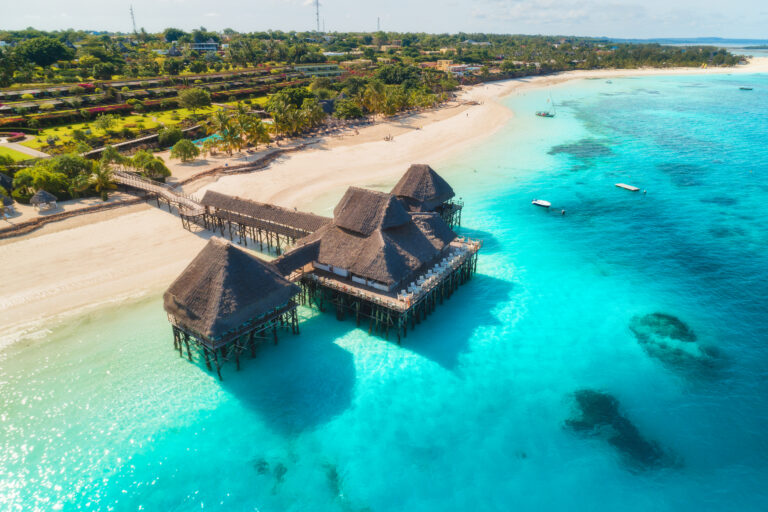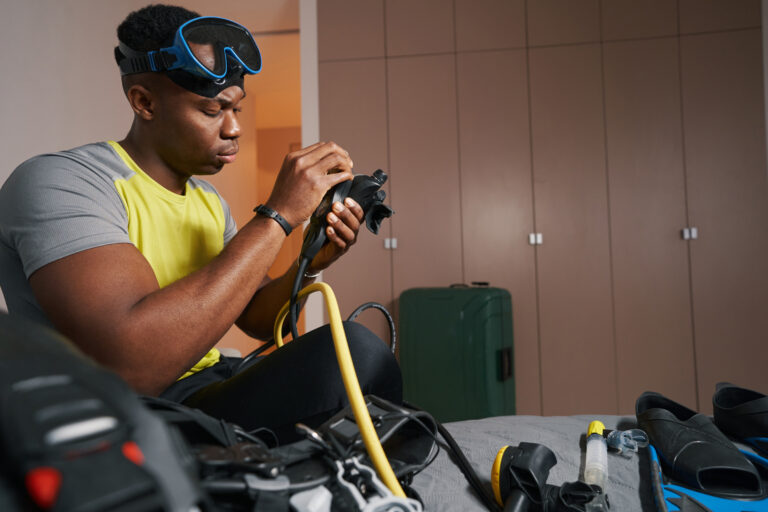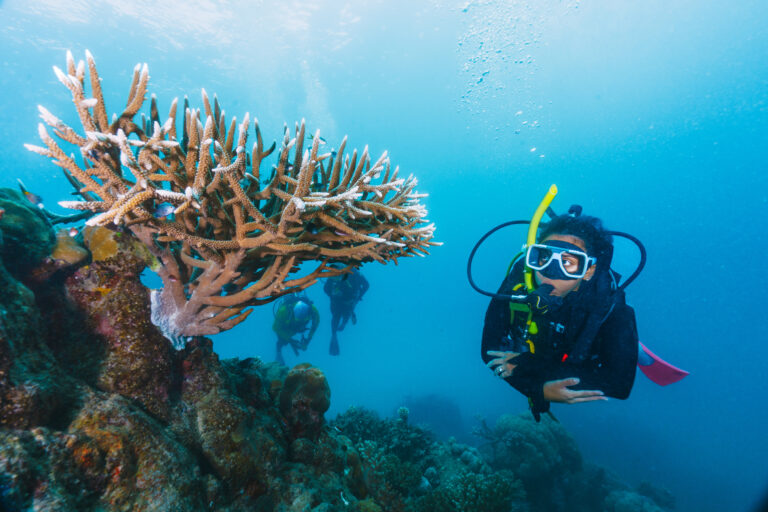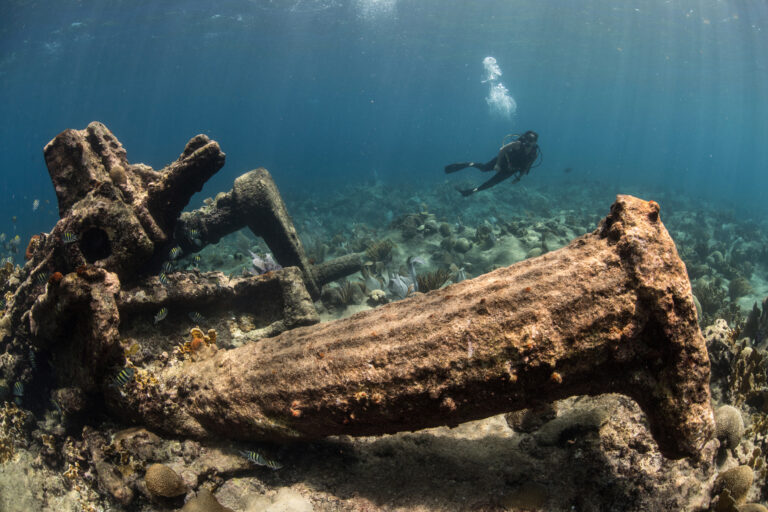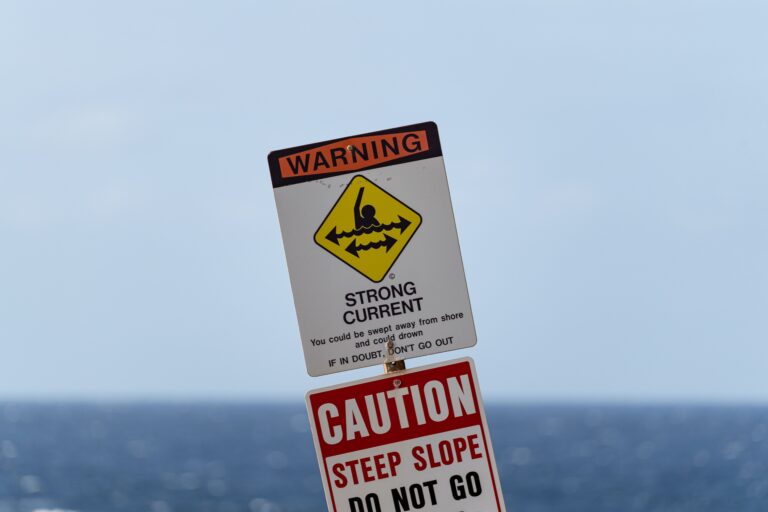SCUBA DIVERS’ TRAVEL GUIDE TO Poland
Poland is a land of contrasts, where ancient history meets modern culture and where natural beauty meets urban sophistication. But did you know that Poland also offers some of the most fascinating wreck diving in Europe? The Baltic Sea, which borders the northwest of Poland, is home to hundreds of shipwrecks that span centuries of maritime history. From wooden sailing ships to steel warships, from submarines to freighters, the Baltic Sea has it all. And thanks to the low salinity and oxygen levels, many of these wrecks are well preserved and offer a glimpse into the past. Whether you are a beginner or an expert, a recreational or a technical diver, you will find a wreck that suits your level and interest. Dive into the history and mystery of the Baltic Sea and discover a whole new side of Poland.
LOCATION AND GEOGRAPHY
Poland, while not traditionally renowned for its scuba diving, offers a unique underwater experience for those willing to explore its freshwater sites. Geographically, Poland is situated in Central Europe, with a northern coastline along the Baltic Sea, where divers can explore historic shipwrecks and brackish water marine life. Inland, the country is dotted with an abundance of lakes, particularly in the Masurian Lake District in the northeast, which is known as the “Land of a Thousand Lakes.” These glacially formed lakes provide clear waters and are home to intriguing freshwater dive sites, including flooded forests, underwater caves, and remnants from both World Wars. Additionally, the southern region of Poland features the mountainous terrain of the Tatra and Sudety ranges, where adventurous divers can find high-altitude lakes and even participate in ice diving during the colder months. Poland’s diverse geography thus offers a range of diving experiences, from the historical depths of the Baltic to the natural wonders of its inland waters.
VISA AND ENTRY REQUIREMENTS
Before planning your scuba diving adventure in Poland, it is essential to understand the visa and entry requirements. Poland is a member of the European Union and part of the Schengen Area, which means that EU/EEA citizens can enter using a valid identity card. Non-EU/EEA visitors typically require a passport valid for at least three months beyond their period of stay, and many countries are eligible for visa-free entry for stays up to 90 days within a 180-day period. However, if you are not from a visa-exempt country or if you plan to stay longer, you will need to apply for a Schengen visa. Always check the latest information with the Polish consulate or embassy in your country before your trip, as visa policies can change. Additionally, ensure that you have adequate travel and health insurance, as this is a requirement for entry for non-EU/EEA visitors. With the paperwork in order, you can look forward to exploring Poland’s underwater treasures, such as the unique freshwater diving experiences in its lakes and flooded quarries.
GETTING TO Poland
Getting to Poland for a scuba diving adventure is a straightforward endeavor, thanks to the country’s well-connected transportation infrastructure. International travelers typically fly into Warsaw Chopin Airport, the largest in Poland, or the Gdańsk Lech Wałęsa Airport, which is closer to the Baltic Sea and the prime diving spots like the Hel Peninsula. From these entry points, a network of trains, buses, and car rentals are available to whisk you away to the coastal regions where diving is most popular. For those within Europe, driving or taking a train can be a viable option, with an extensive road and rail network linking Poland to its neighbors. Once in the country, domestic flights can also be used to cover larger distances quickly. Whether you’re arriving from overseas or from a neighboring European country, Poland’s accessibility ensures that the underwater wonders of the Baltic are within easy reach.
BEST TIME TO DIVE
Poland, with its intriguing underwater landscapes, may not be the first destination that springs to mind for scuba diving, but it offers a unique experience for those willing to explore its waters. The best time to scuba dive in Poland is during the summer months, from June to August, when the water temperatures are more comfortable, ranging from 15°C to 20°C (59°F to 68°F). Visibility is also at its peak during this period, allowing divers to better appreciate the underwater wonders, including WWII wrecks in the Baltic Sea and the freshwater delights of Poland’s lakes. However, for those who are trained and equipped for cold water diving, the off-season can provide a serene and crowd-free experience, with the potential for ice diving in the winter months. Always remember to check local conditions and regulations, as some dive sites may have specific access times and conservation rules.
ACCOMMODATION OPTIONS
Poland, while not traditionally renowned for its scuba diving, offers a unique underwater experience, particularly in its northern regions by the Baltic Sea. Accommodation options for divers are varied, ranging from comfortable seaside resorts in towns like Gdynia, Sopot, and Gdańsk, to more rustic lodges and guesthouses closer to dive sites such as the Hel Peninsula and the wrecks near Łeba. Inland, divers exploring the freshwater lakes, like those in the Mazurian Lake District, can find charming bed and breakfasts, vacation rentals, and campsites that cater to outdoor enthusiasts. Many of these accommodations are equipped with facilities for washing and storing gear, and some even offer special packages that include diving excursions. Whether you’re looking for luxury or simplicity, Poland’s dive-friendly accommodations are sure to enhance your underwater adventure.
DIVE OPERATORS AND DIVE SHOPS
Poland, with its intriguing underwater landscapes, may not be the first destination that springs to mind for scuba diving, but it offers a unique experience for those willing to explore its waters. Dive operators and shops in Poland are well-equipped to cater to both beginners and experienced divers, providing access to a variety of dive sites including freshwater lakes with excellent visibility, such as Lake Hańcza, and the Baltic Sea’s wrecks and artificial reefs. These dive shops often offer PADI or CMAS certification courses, gear rental, and guided dives, ensuring a safe and enjoyable experience. The Baltic Sea, in particular, is known for its historical shipwrecks, which have been preserved by the brackish water. Polish dive operators are adept at navigating these conditions and can offer divers a chance to witness a part of European maritime history up close. With a focus on safety and environmental conservation, dive shops in Poland also emphasize the importance of protecting the underwater ecosystems, making diving in Poland not just an adventure, but also an educational experience.
TRANSPORTATION WITHIN Poland
While Poland may not be the first destination that comes to mind for scuba diving, it offers a unique underwater experience, particularly in its northern regions by the Baltic Sea. When it comes to transportation within the country, visitors will find a well-connected network of options. The most convenient way to reach the dive sites, especially those along the coast, is by car. Car rentals are available at airports and major cities, providing flexibility for divers carrying equipment. For those preferring public transport, Poland’s extensive train network connects major cities like Warsaw, Gdańsk, and Szczecin, with regional services providing access to coastal areas. Buses also offer an alternative, often reaching places trains do not, though with less space for bulky gear. In some cases, local dive shops may provide shuttle services from nearby towns to dive locations. Always remember to check the schedules and book in advance during the peak summer season, as services to popular coastal destinations can fill up quickly.
CURRENCY AND PAYMENT METHODS
When planning a scuba diving trip to Poland, it’s important to note that the country’s official currency is the Polish Złoty (PLN). While major cities and tourist destinations may accept credit cards, it’s advisable for divers to carry some cash, especially when visiting more remote dive sites or local dive shops that might not support card payments. Currency exchange facilities are widely available in airports, banks, and hotels, but for the best rates, consider exchanging money at a reputable currency exchange office (‘kantor’). ATMs are also widespread, allowing for easy withdrawal of local currency with an international bank card. However, always check with your bank about foreign transaction fees to avoid unexpected charges. It’s also worth mentioning that while Poland is a member of the European Union, it has not adopted the Euro, so ensure you have the correct currency before making any payments related to your scuba diving adventures.
LANGUAGE AND COMMUNICATION
When embarking on a scuba diving adventure in Poland, it’s important to note that the primary language spoken is Polish. While English is commonly understood in tourist areas and among the younger population, it is less prevalent in remote diving locations or among older generations. Divers should familiarize themselves with basic Polish diving terminology and phrases, or consider carrying a waterproof phrasebook or translation app. Dive operators and guides often have staff members who speak English and other European languages, ensuring clear communication regarding safety procedures, dive briefings, and equipment handling. Hand signals, universally recognized in the diving community, remain the primary mode of underwater communication. To enhance your experience, learning a few key Polish phrases can go a long way in showing respect for the local culture and in facilitating interactions with local dive shops, boat crews, and fellow divers.
LOCAL CULTURE AND ATTRACTIONS
Poland, while not traditionally renowned for its scuba diving, offers a unique underwater experience that is deeply intertwined with its rich cultural heritage and diverse attractions. Above the surface, visitors are enchanted by the historic grandeur of cities like Kraków, with its medieval architecture and the former royal capital’s Wawel Castle, or the war-torn resilience of Warsaw, where the old meets the new in a vibrant urban landscape. Diving into the Polish waters, one can explore a number of freshwater sites, including the hauntingly beautiful sunken forests of Lake Zakrzówek or the mysterious flooded quarries like Koparki Diving Base, which are steeped in history and often feature remnants of World War II. After a day of diving, the local cuisine beckons with hearty dishes such as pierogi and bigos, while traditional folk music and dance, particularly in the mountainous regions like Zakopane, provide a lively glimpse into the soul of Poland. Whether you’re marveling at the underground wonders of the Wieliczka Salt Mine or enjoying a reflective moment at the poignant Auschwitz-Birkenau Memorial, Poland’s cultural tapestry and historical depth offer a poignant counterpoint to its underwater explorations.
CULTURAL ETIQUETTE AND TIPS
When scuba diving in Poland, it’s important to approach the experience with a respectful understanding of local customs and etiquette. Polish people are generally warm and hospitable, but they also value politeness and proper manners. Always greet your diving instructors and fellow divers with a friendly “dzień dobry” (good day) and thank them with a sincere “dziękuję” (thank you) after your dive. Be punctual for your diving appointments, as timeliness is an important aspect of Polish culture. When discussing diving locations, show interest in the historical and environmental significance of the dive sites, as many Poles are proud of their natural and historical heritage. It’s also customary to remove your shoes when entering someone’s home or certain indoor areas, so be prepared to do so if invited to a local’s house. Lastly, tipping is not obligatory, but it is appreciated for good service, with 10% being a standard gesture of gratitude. By observing these cultural norms, you’ll foster a positive and respectful atmosphere conducive to an enjoyable diving experience in Poland.
LOCAL LAWS AND REGULATIONS RELEVANT TO TOURISTS
Before plunging into the depths of Poland’s underwater realms, scuba divers should acquaint themselves with local laws and regulations to ensure a safe and lawful experience. In Poland, scuba diving is regulated under the Polish Sports Diving Law, and divers must hold a valid certification from a recognized diving organization. It is mandatory to dive with a buddy, and solo diving is generally prohibited. Divers are expected to respect protected marine areas and historical underwater sites, where removing artifacts or disturbing the environment is strictly forbidden. Additionally, diving in certain areas may require special permits or be subject to seasonal restrictions to protect local wildlife. It’s important to note that diving in the Baltic Sea can uncover remnants from World War II, and handling or removing any such relics is illegal. Tourists should also be aware that diving insurance is highly recommended, and in some cases, may be required. Always check with local dive centers for the most current information and guidance to ensure compliance with Polish diving regulations.
SAFETY TIPS AND EMERGENCY CONTACTS
When diving in Poland, safety should be your utmost priority. Due to the country’s diverse range of dive sites, including the Baltic Sea’s cold waters with limited visibility and freshwater lakes, it’s essential to be well-prepared for varying conditions. Always dive within your certification limits and ensure that your equipment is suitable for the local environment, particularly thermal protection. Before your dive, familiarize yourself with the local emergency procedures and have the contact information for the nearest hyperbaric chamber, which in Poland can be found in Gdynia, Sopot, and Warsaw. It’s also advisable to carry a dive flag, a surface marker buoy, and a whistle to signal your position to boats and rescuers. Remember to check the weather forecast and avoid diving in unsafe conditions. Lastly, always dive with a buddy and inform someone onshore of your dive plan and expected return time. In case of an emergency, the national emergency number in Poland is 112, which can direct you to the appropriate local services for immediate assistance.
HEALTH AND TRAVEL INSURANCE
Before embarking on a scuba diving adventure in Poland, it is crucial to ensure that your health and travel insurance policies provide comprehensive coverage for scuba diving activities. The picturesque underwater landscapes of Poland, from the hauntingly beautiful wrecks in the Baltic Sea to the serene freshwater dive sites like Zakrzowek and Hańcza, can pose unique risks that standard insurance might not cover. Verify that your policy includes treatment for diving-related injuries, such as decompression sickness, and covers emergency medical evacuation, which can be costly without insurance. Additionally, given Poland’s varying climate and dive conditions, consider insurance that covers trip cancellations or interruptions due to weather or health issues. Always carry proof of your insurance and emergency contact information with you. It’s also wise to be aware of the location of the nearest hyperbaric chamber and medical facilities equipped to handle diving emergencies. By taking these precautions, you can dive into Poland’s underwater marvels with peace of mind, knowing that you are well-protected by your health and travel insurance.

